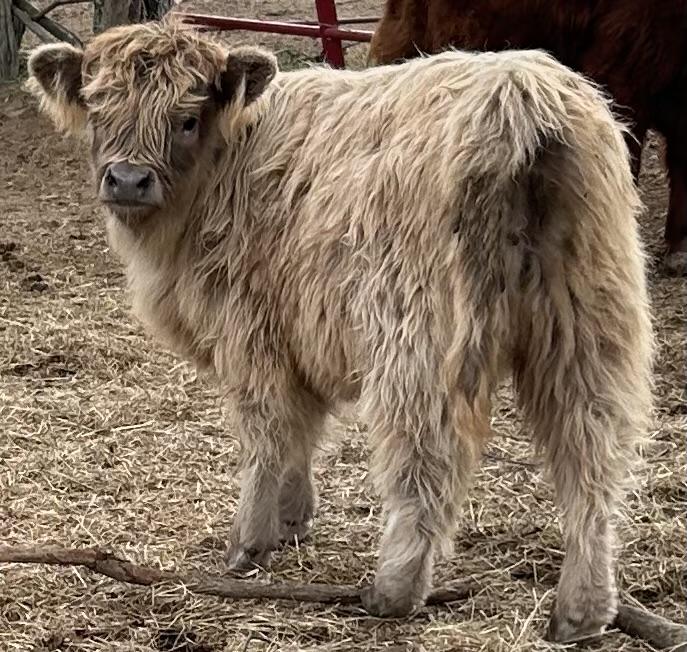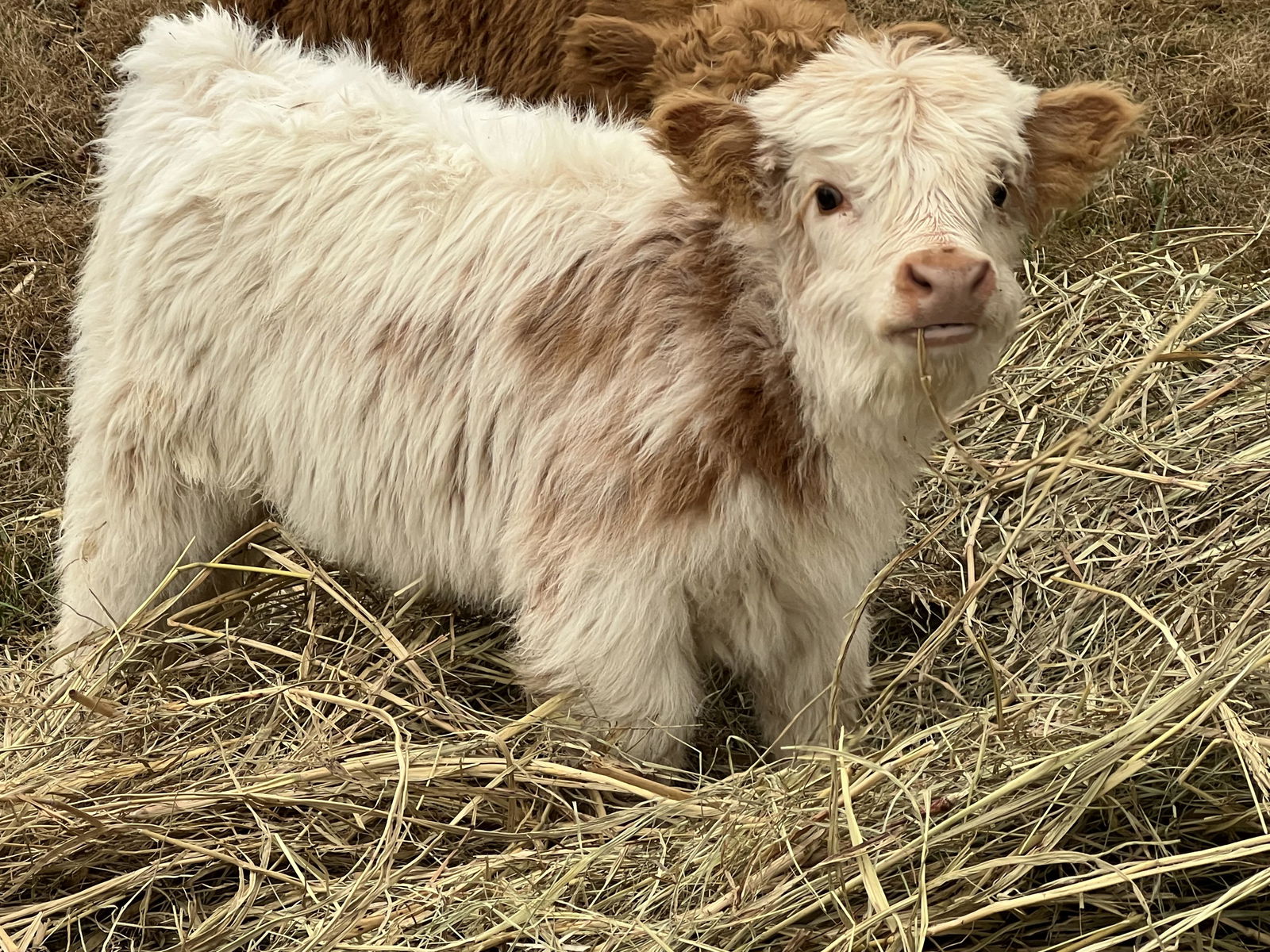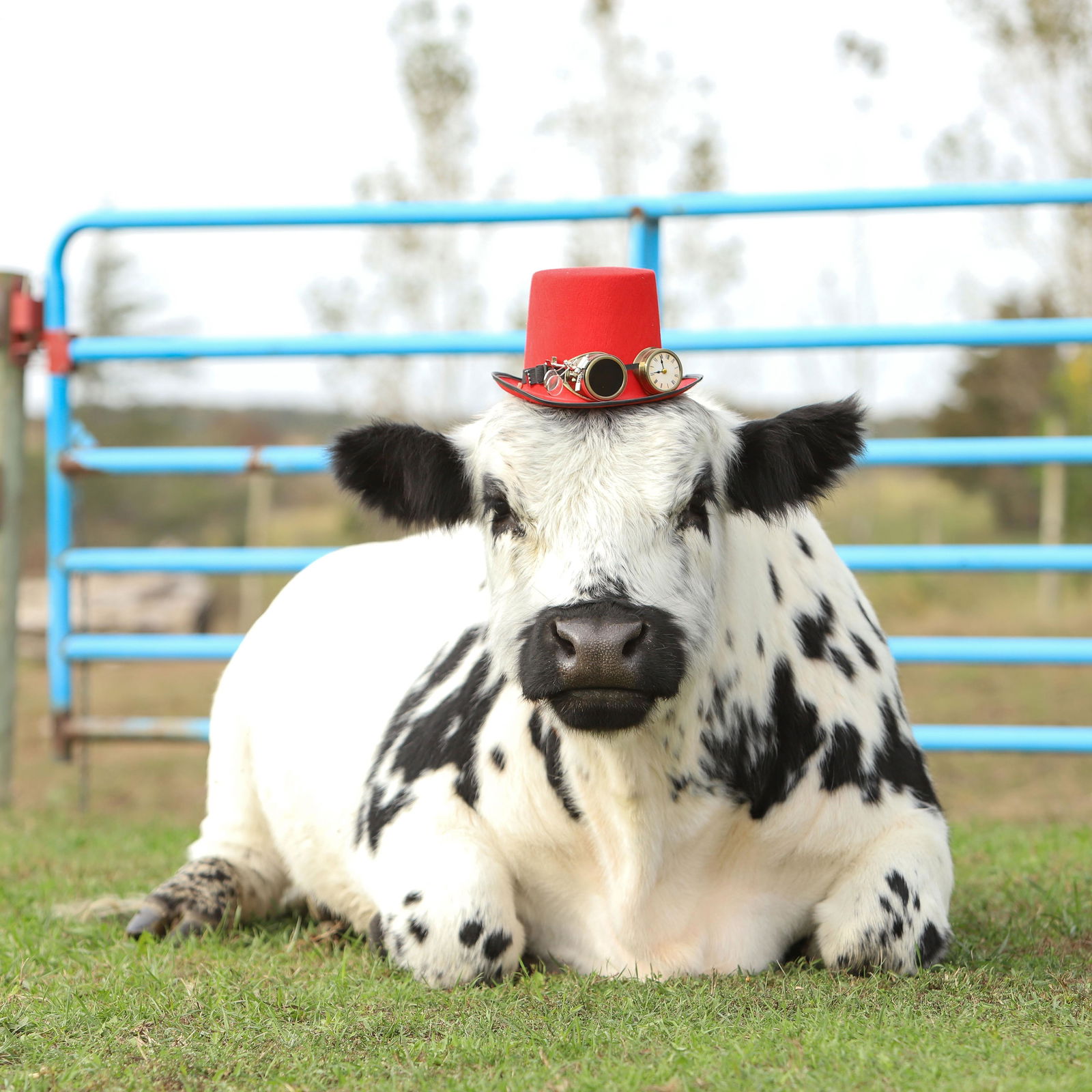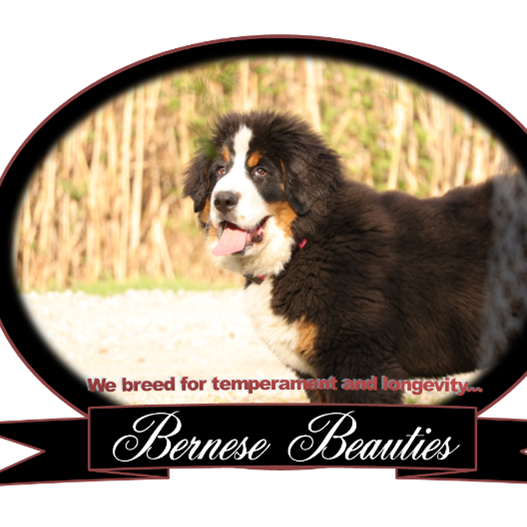What Do Mini Donkeys Eat? A Complete Nutritional Guide
Author: Elliott Garber, DVM
Feeding miniature donkeys isn’t complicated once you understand their needs. As someone who’s cared for these charming animals for years, I can tell you they’re pretty easy to feed – though those big brown eyes might make you think they’re always hungry!
They’re like selective lawn mowers with personality. While they love grazing, keeping them healthy takes more than just turning them loose in a pasture. Let me share what I’ve learned about keeping these little ones well-fed and content.
Understanding Mini Donkeys’ Dietary Needs
These small equines have specific feeding requirements, similar to their larger relatives. Their digestive system is remarkably efficient at processing tough plants – a trait inherited from their desert-dwelling ancestors.
Natural Grazing Habits
In the wild, these clever foragers spend most of their day (14-16 hours!) looking for food. Their natural grazing habits include:
- Nibbling grass close to the ground
- Browsing woody shrubs when grass is scarce
- Selecting specific herbs for nutrition
- Moving around to find fresh patches
Their natural diet breaks down like this:
- Grasses make up the bulk at 65%
- Herbs provide about 20%
- Shrubs contribute 10%
- Bark and twigs round it out at 5%
Daily Food Requirements
The amount your donkey needs depends on their size. Here’s a simple breakdown:
For smaller ones (200-250 lbs):
• Need 2-3 pounds of feed daily
• That’s about 3,000-4,000 calories
For medium-sized (251-300 lbs):
• Require 3-4 pounds daily
• Around 4,000-5,000 calories
For larger minis (301-350 lbs):
• Should get 4-5 pounds daily
• About 5,000-6,000 calories
Several factors can affect how much your donkey needs:
Special Circumstances:
• Young donkeys: Add 20% more food
• Working donkeys: Increase by 30%
• Pregnant jennies: Need 40% extra
• Cold weather: Add 25% more
Environmental Factors:
• Pasture condition
• Hay quality
• Supplemental feed needs
• Seasonal changes
Remember, these are guidelines – each donkey is unique, and you’ll need to adjust based on their individual needs and activity level.
Essential Foods for Mini Donkeys
These little ones need plenty of fiber in their diet, and their nutritional needs are a bit different from horses. Let’s focus on two main food groups: everyday forage and occasional supplements.
Quality Grass and Hay
Fresh grass is the cornerstone of a healthy mini donkey’s diet. While they love grazing, they’ll need good hay during winter or when fresh pasture isn’t available. Here’s what works best:
Best Hay Options:
• Meadow hay: Your go-to daily feed (8-10% protein, 30-35% fiber)
• Timothy hay: Great fiber boost with moderate protein (6-8% protein, 32-36% fiber)
• Rye grass hay: Perfect for rotation (7-9% protein, 31-34% fiber)
• Orchard grass: Solid nutritional choice
Don’t forget about barley straw – it’s an excellent fiber source that helps keep their weight in check and their digestion running smoothly (3-4% protein, 36-40% fiber).
Grains and Supplements
Most mini donkeys don’t need extra grain if they’re getting good hay and grass. But sometimes they need a boost:
Daily Supplements When Needed:
• Crimped oats: 1-2 cups for working or underweight donkeys
• Vitamin/mineral blocks: Let them choose when they need it
• Salt blocks: Always available for essential minerals
• Special donkey feeds: For specific nutritional needs
Healthy Treats and Snacks
Everyone loves treating their donkeys, but moderation is key. Here’s what’s safe and what’s not.
Safe Fruits and Vegetables
These treats are donkey-approved (in small amounts):
• Apples: Small chunks, no seeds
• Carrots: Raw and sliced
• Bananas: Peeled and bite-sized
• Pears: Cored and diced
• Watermelon: Seedless pieces
• Celery: Short strips
Pro tip: Stick to 1-2 pieces per treating session. New treats? Introduce them slowly to watch for any reactions.
Treats to Avoid
Keep these away from your mini:
Dangerous Plants:
• Buttercups
• Oak leaves
• Nightshade
• Ragwort
Off-Limits Human Foods:
• Any bread products
• Processed snacks
• Sugary treats
• Chocolate
Garden No-Nos:
• Onions and garlic
• Potato plants
• Tomato plants
Safety Rules:
• Remove all pits and seeds
• Skip anything moldy or spoiled
• Store treats properly to prevent spoilage
• When in doubt, stick to hay
Feeding Schedule and Portions
A consistent feeding routine keeps mini donkeys healthy and happy. Let me share what works best throughout the year.
Summer vs Winter Feeding
Summer Portions:
• Grass hay: 2-3 pounds per 100 pounds of body weight
• Pasture time: 4-6 hours daily
• Grain (if needed): 1/2 pound split into two meals
Winter Adjustments:
• Grass hay: 3-4 pounds per 100 pounds of body weight
• Limited pasture access
• Grain: Up to 1 pound daily for extra warmth
• Extra straw for both warmth and fiber
Daily Feeding Tips:
• Break hay into 3-4 smaller meals
• Use raised feeders to minimize waste
• Fresh water with every meal
• Watch activity levels and adjust portions
• Keep an eye on their weight
• Add 10% more food during cold snaps
Common Feeding Mistakes to Avoid
After years of working with these little ones, I’ve seen plenty of well-meaning owners make some common mistakes. Here’s what to watch out for:
Skip the Rich Foods
Mini donkeys don’t need fancy alfalfa hay. Think of it this way – they’re built for desert fare, not gourmet meals. Stick to simple grass hays like timothy or orchard grass.
Watch Those Portions
Don’t let those sweet faces fool you into overfeeding. A 250-pound mini needs just 3-4 pounds of hay daily. More isn’t better – it just leads to an overweight donkey.
They’re Not Tiny Horses
These desert-adapted animals process food differently than horses. They need:
• Less protein
• More fiber
• Fewer calories
• Careful pasture management
Keep a Schedule
Consistency matters. Set regular feeding times throughout the day to match their natural grazing habits. Your donkey will be healthier (and happier) for it.
Smart Treating
Keep treats simple and minimal:
• Apple pieces (no seeds)
• Carrot chunks
• Banana slices
The golden rule? Treats should never exceed 10% of their daily diet.
Remember: These hardy little animals evolved to thrive on sparse desert plants. When it comes to feeding mini donkeys, less really is more.
Health Issues Related to Poor Diet
Last month, I treated a mini donkey named Pepper who perfectly illustrated what happens when these little ones don’t get proper nutrition. While they’re tough animals, they need specific foods to stay healthy.
Obesity and Related Problems
Poor feeding habits often lead to:
• Extra weight that strains joints and hooves
• Higher risk of laminitis
• Breathing problems during activity
• Poor heat tolerance
Nutritional Deficiencies
Watch out for these common issues:
• Weak muscles from lack of Vitamin E
• Stiff movement due to low selenium
• Problems from too much protein (usually from alfalfa)
• Mineral imbalances from wrong supplements
Dental Problems
Bad teeth can cause:
• Uneven wear from the wrong type of hay
• Trouble eating due to sharp edges
• Dropping partially chewed food
• Weight loss when eating becomes painful
Digestive Issues
Common problems include:
• Colic from sudden feed changes
• Choking from eating too fast
• Diarrhea from too much sugar
• Blockages from not drinking enough water
Quick Prevention Guide:
• Obesity: Stick to 2-3 pounds of hay per 100 pounds of body weight
• Laminitis: Limit time on rich pasture
• Choking: Add chaff to slow down eating
• Colic: Make all feed changes gradually
These desert-adapted animals do best on simple, high-fiber, low-sugar foods. I’ve seen amazing transformations when owners switch from alfalfa to timothy hay – often multiple health issues clear up within weeks.
Conclusion
Feeding your mini donkey doesn’t need to be complicated. Focus on good-quality grass hay and follow basic feeding guidelines. These unique animals aren’t just smaller versions of horses – they need their own specific diet.
The recipe for success is simple:
• Quality grass hay as the main food
• Careful treat selection
• Proper minerals
• Consistent feeding schedule
• Portion control
Get these basics right, and your mini donkey can be a healthy, happy companion for many years.

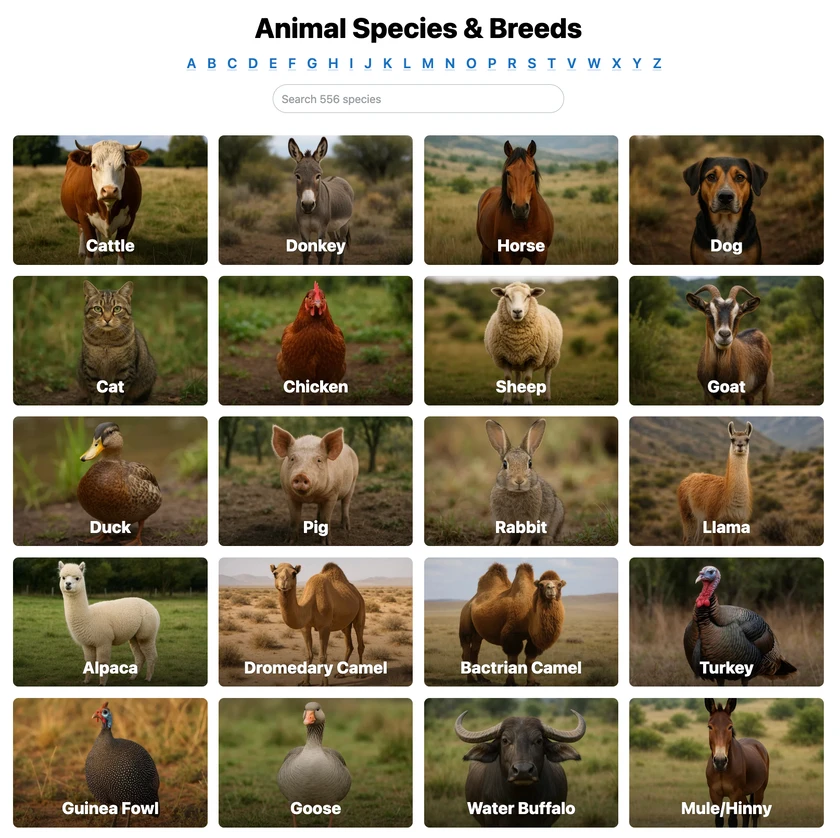 All Species & Breeds
All Species & Breeds
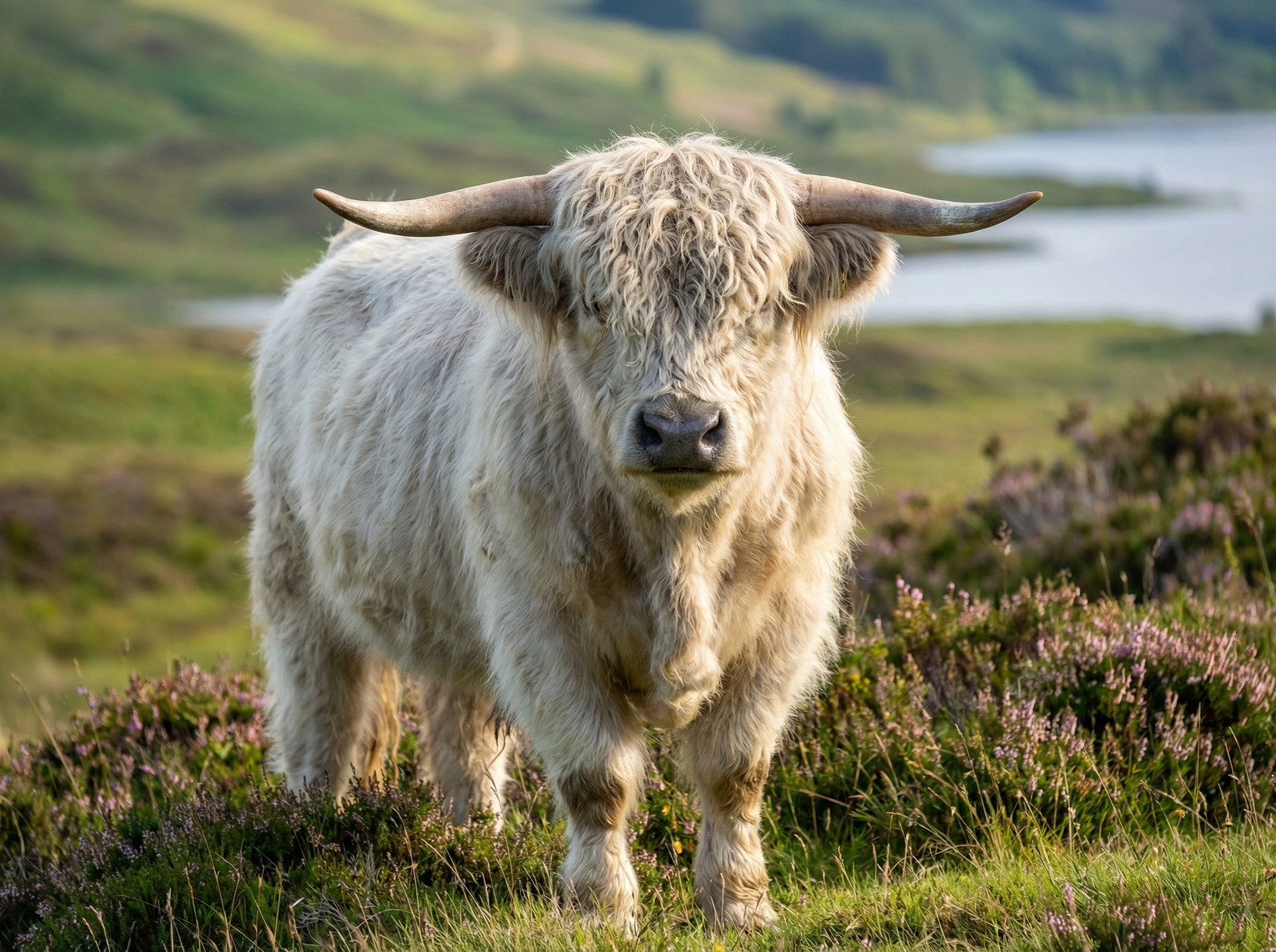 Highland Cattle
Highland Cattle
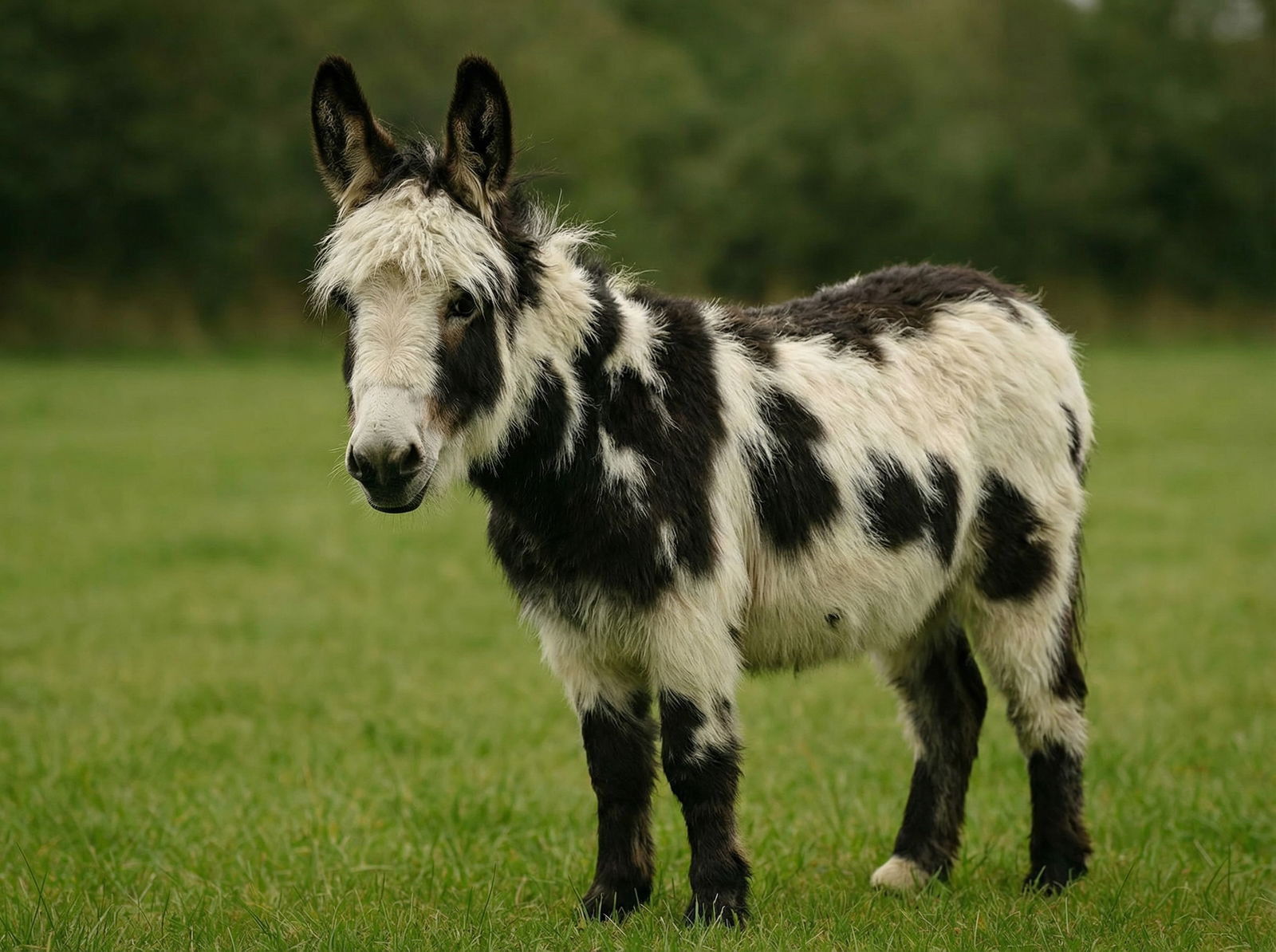 Miniature Donkeys
Miniature Donkeys
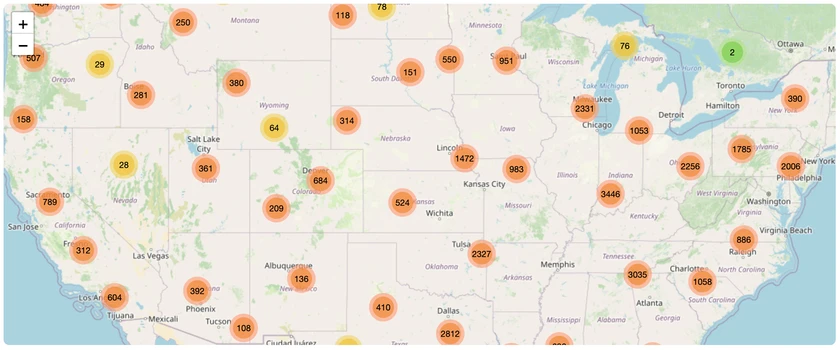 All Species Directory
All Species Directory
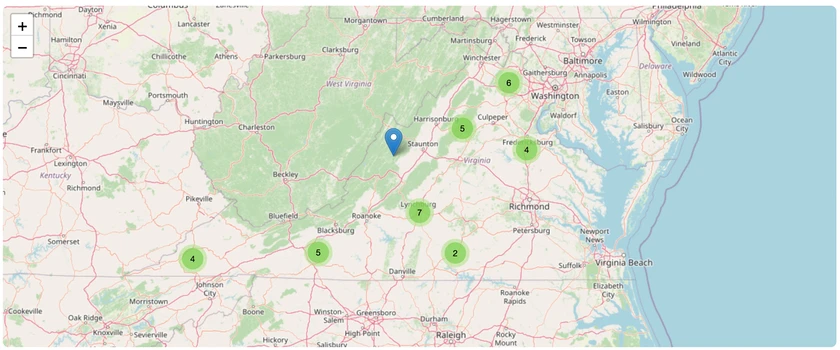 Highland Cattle in Virginia
Highland Cattle in Virginia
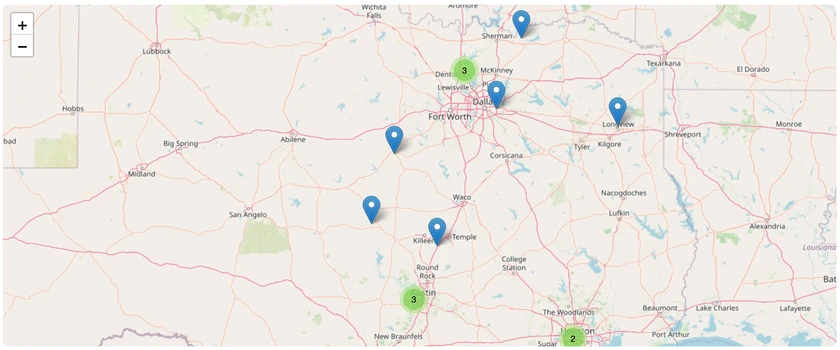 Miniature Donkeys in Texas
Miniature Donkeys in Texas









